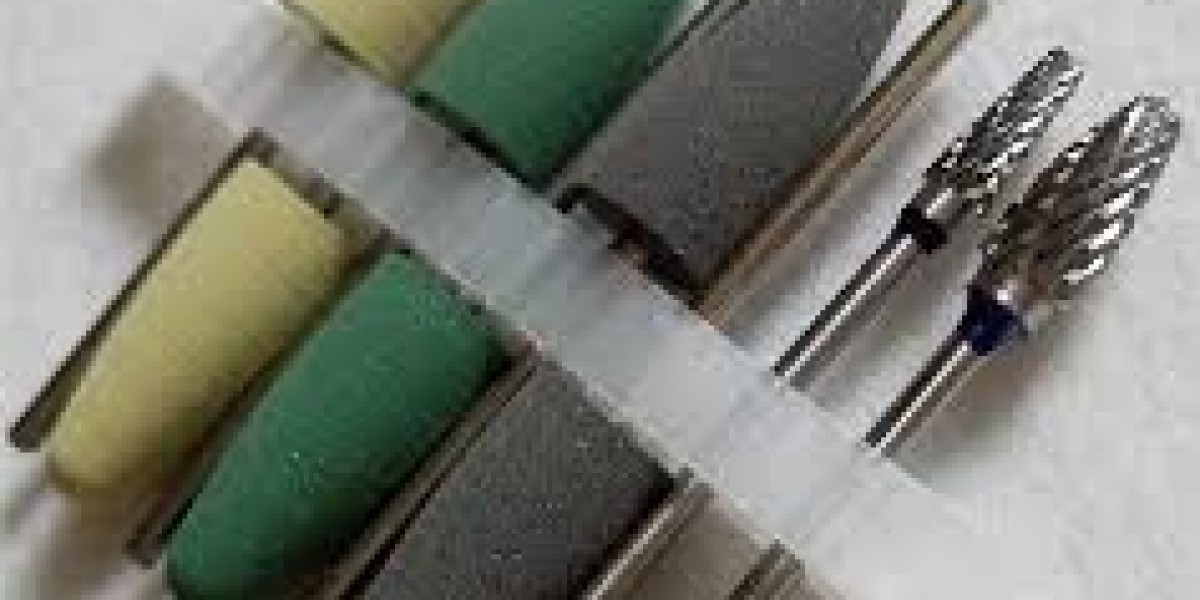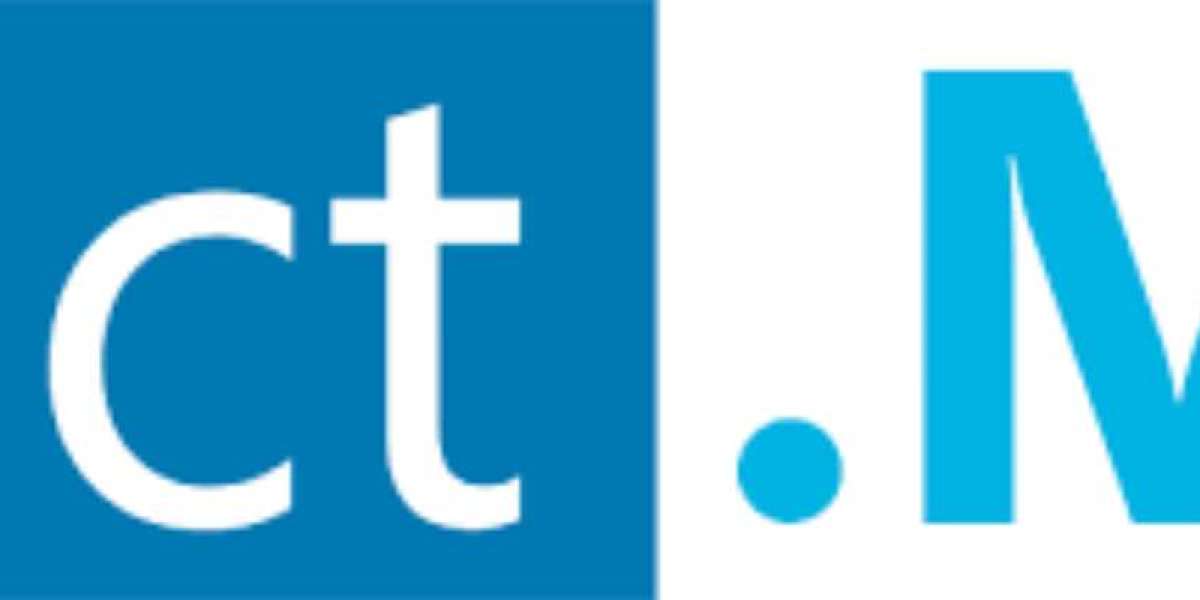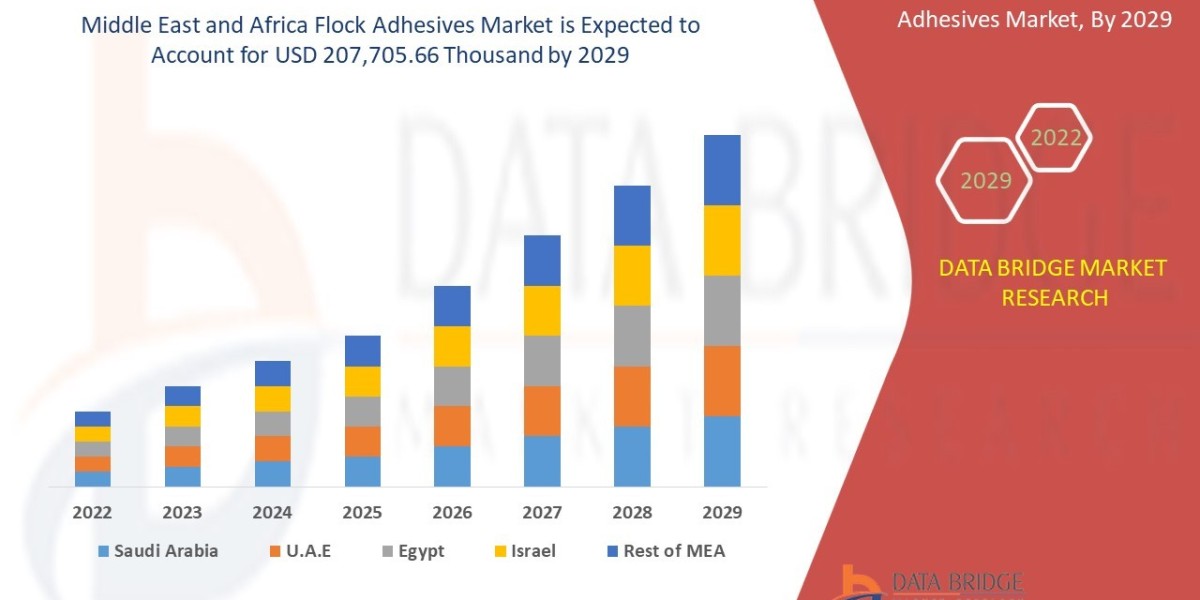Without technology, property management may be a laborious as well as time-consuming operation.
The task of managing properties is more straightforward with specialized software, smartphone apps, and other technological advancements.
Because of technology, property managers are now simpler than ever to do their duties.
This article describes how modern technology has simplified property administration.
Property management – what is it?
Property management is the ongoing oversight of residential, commercial, and real estates structures such as condos, townhomes, apartments, and shopping malls.
A property manager often oversees the property.
Property managers typically work for owners of investment properties like homes and business parks and do double duty by earning money and maintaining the property’s integrity.
In general, property managers are in charge of the upkeep, security, and repair of the real estate.
How has modern technology simplified property management?
The use of technology in property management is crucial. This is because it streamlines the procedure and increases its effectiveness and efficiency.
The following paragraphs discuss the various ways that technology has streamlined property management.
1. It simplifies property maintenance
It can take a while to manually maintain a property.
In the course of reporting a problem with a rental property, tenants may make a maintenance request, and some information lost. Delays may result from this, which could turn into more serious issues.
Property management software, which aids in organizing maintenance operations, has made property upkeep simple thanks to technology.
Web-based or mobile applications are both possible. This software offers the ability to schedule maintenance automatically or online.
Property managers can reply to maintenance requests sent by renters using property maintenance software, which also offers detailed instructions for fixing the problem.
Software maintenance records provide information when inspections or procedures are necessary.
Data that is kept on the gadget or piece of equipment is used for this.
2. It has made handling paperwork simple
A lot of paperwork is needed in the field of property management.
Every time there are questions about applications for rental housing, contracts, maintenance fees, rents, and other topics, landlords and property managers have to comb through shelves of literature.
Property managers can now access, read, and also sign papers through property management software.
They can also create budgets, chart data, and arrange and record expenses and income using programs like Microsoft Excel. Microsoft Word and other tools are also options.
3. It simplifies property maintenance
It can take a while to manually maintain a property.
During the maintenance request process, tenants may lose some information after reporting a problem with a rental property.
Delays may result from this, which could turn into more serious issues.
Property management software, which aids in organizing maintenance operations, has made property upkeep simple thanks to technology.
Web-based or mobile applications are both possible. This software offers the ability to schedule maintenance automatically or online.
Property managers can reply to maintenance requests sent by renters using property maintenance software, which also offers detailed instructions for fixing the problem.
Software maintenance records provide information when inspections or procedures are necessary.
Data that is kept on the gadget or piece of equipment is used for this.
4. It aids in Rent Payment and Listing Management.
Tenants pay rent, which property managers collect at their homes.
Rent is now paid electronically and conveniently without using cash or cheques.
More and more people are choosing electronic payments over mailing cheques in the mail. Electronic payments are done over the Internet.
You can make an electronic payment directly with a credit card or debit card, or you can use a secure global acquirer.
As a result, This procedure keeps track of payments and cuts down on payment delays.
Rent ads are another area of property management that technology has improved.
Landlords and property managers can post every aspect of vacant properties on websites and apps, including images, amenities as well as contact information.
Potential tenants can assess a property’s suitability from a computer or mobile device.
5. It facilitates answering tenant inquiries
It’s common practice in property management to respond to questions from renters. Customers in the new real estate sector anticipate a prompt answer to their inquiries.
This explains why virtual assistants, voice bots, and also chatbots for real estate are crucial.
A significant development in the real estate sector is the proliferation of chatbots.
A chatbot is a computer program that mimics human communication through text or voice. A chatbot assists in providing prompt customer service.
Property managers may concentrate on the wellness of their renter’s thanks to chatbots.
Additionally, the majority of social media networks and websites feature them, and they provide prompt support.
6. It enhances property surveillance
Property management is simplified with cutting-edge technologies like smartphone apps, robots, and also devices.
These apps provide agents with remote access to real estate information, resources, and contacts.
On their mobile devices, property managers can easily manage real estate assets.
To keep an eye on the property, video surveillance cameras are utilized.
A video surveillance camera or security camera above all monitors a space.
Due to their connection to recording devices or IP networks, they are readily observable to security or law enforcement officials.
Additionally, properties are monitored by robots.
A robot is a machine that runs autonomously and takes the place of human labor. It can also carry out tasks in a way that is human-like.
For instance, a robot guard that monitors the property with a camera and sensors can be placed.
7. The Use of Smart Technology in Your Properties
Consider adding functional gadgets to your houses if you want to entice higher-paying tenants.
Here are a few illustrations:
1. Remote security cameras
With these cameras, you can use a mobile device to monitor real-time video of your property from anywhere.
2. Smart smoke detectors
Air quality sensors monitor your home’s air quality and alert you to fires.
3. Smart burglar alarms-
It is installed to alert you right away if your property is broken into.
4. Systems for Smart Lighting
In a word Systems for managing home lights with mobile devices are possible with smart lighting, which enables tenants to save energy and money.
Using smart technology in your rental property can assist keep both your tenants and your assets secure. In a similar vein, energy conservation can spare you or your tenants from having to pay higher power bills.








